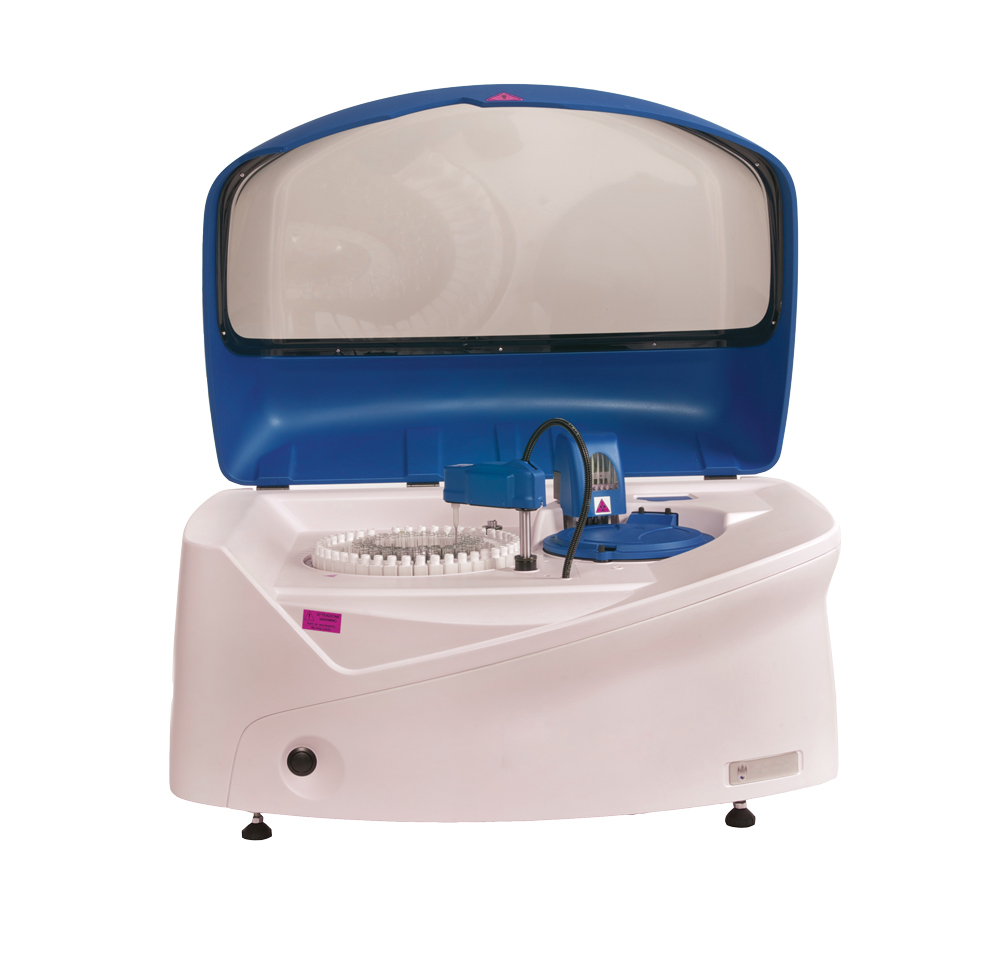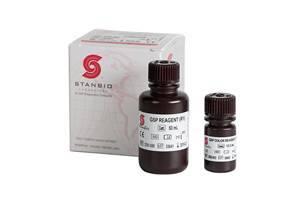Clinical Chemistry Instruments and Reagents Under Scrutiny at the 2015 AACC Annual Meeting
By LabMedica International staff writers
Posted on 10 Aug 2015
Clinical chemistry, both instrumentation and reagents, was the focus of presentations at booth 1018 at the 2015 AACC Annual Meeting & Clinical Lab Expo (Atlanta, GA, USA).Posted on 10 Aug 2015
EKF Diagnostics (Cardiff, United Kingdom), a global in vitro diagnostics company, took advantage of the AACC Annual Meeting to launch the Altair 240 clinical chemistry analyzer.
This new bench-top platform represents EKF Diagnostics’ first fully integrated chemistry system designed for the global market. EKF believes that the new Altair 240 clinical chemistry analyzer fulfills an international market need for a fully automated bench-top platform supported by the reliable Stanbio Chemistry (Boerne, TX, USA) reagent menu.
“We listened to the needs of our customers and designed the Altair 240 to be easy to learn, operate, and maintain,” said Albert Blanco, business unit director at EKF Diagnostics. “Because it runs on Windows 7, operators can easily navigate its intuitive, touch screen menu. Features such as the capability to use bar coded, primary sample tubes, auto-rerun, auto-dilution and STAT interruption—all function to maximize the system’s overall efficiency.”
EKF will also use the AACC Annual Meeting venue to discuss the latest additions to its Stanbio clinical chemistry range. This range includes a large selection of clinical chemistry assays, controls, and calibrators, which are fully compatible with most major brand open channel chemistry analyzers.
A notable addition to the reagent menu is the Stanbio Chemistry Glycated Serum Protein (GSP) LiquiColor test; a new diabetes biomarker test that provides a two to three week indicator of average blood glucose. The GSP LiquiColor test is based on a double enzymatic degradation method that utilizes the specificity of fructosyl-amino oxidase to eliminate inaccuracies caused by non-glycated protein reducing substances, which significantly interfere with the NBT fructosamine method. The test is available as a liquid-stable kit with calibrator. It is suitable for use on a variety of clinical chemistry analyzers, with on-board stability of up to four weeks.
Other instruments to be highlighted at the AACC Annual Meeting include the DiaSpect and HemoPoint H2. DiaSpect is a hand held device touted as being the world’s fastest hemoglobin measurement system. The instrument is described as offering laboratory quality performance for anemia screening in all climatic conditions in less than two seconds. The HemoPoint H2 stores over 4000 patient results and is designed for use in blood banks, clinics, and hospitals. This instrument provides immediate and simultaneous high quality results for both hemoglobin and hematocrit.
Related Links:
2015 AACC Annual Meeting & Clinical Lab Expo
EKF Diagnostics
Stanbio Chemistry















